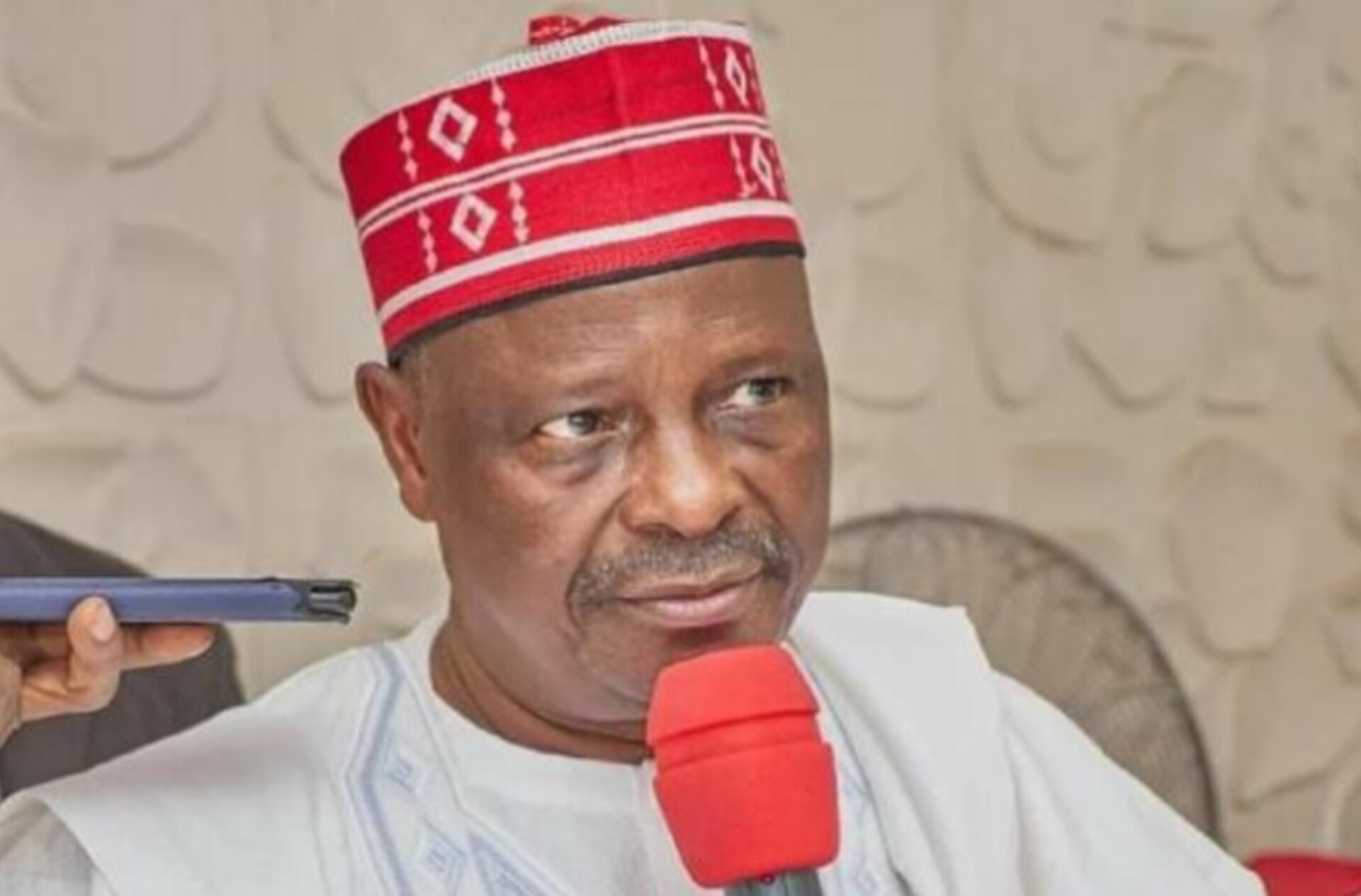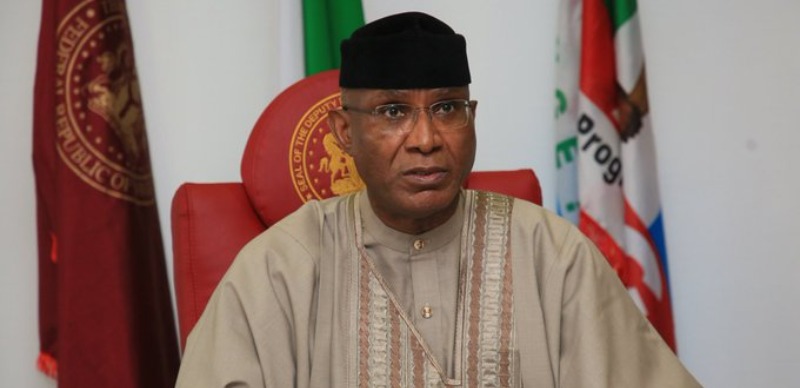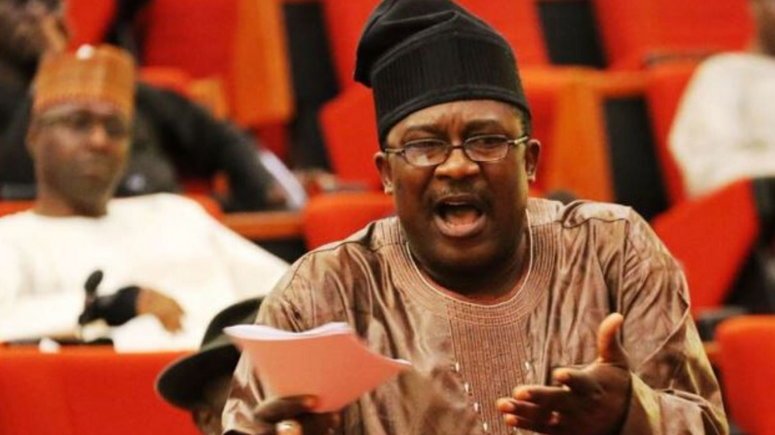The presidential candidate of the New Nigeria People’s Party (NNPP) in the 2023 general election, Senator Rabiu Musa Kwankwaso,
has denied reaching any agreement with President Bola Ahmed Tinubu or any other person with regards to the outcome of the Supreme Court verdict on the Kano State governorship election
Kwankwaso who spoke while responding to the allegation that he had reached an agreement with President Bola Ahmed Tinubu before the judgment during an interview with BBC Hausa said everyone has one lesson or the other from the outcome of the judgement
The Supreme Court on Friday declared the NNPP’s Abba Kabir Yusuf as the duly elected governor of Kano State after his earlier sack by the Election Petition Tribunal and the Court of Appeal

According to him “What happened at the Supreme Court is a lesson for all of us. I know that I mean well for everyone. Throughout the period, I have I did do anything to anyone. And anybody would reap what he sows. To the best of my knowledge, I did not reached any agreement with anybody.
“All I know is that President Bola Ahmed Tinubu is my contemporary. I joined politics at the same time like him in SDP. Then he was a senator and I was serving as the deputy speaker of the House of Representatives. In 1999 he was my colleague as the governor of Lagos State.
“We founded the APC together and we participated fully in the struggles which followed up. People should know that a lie has a short life. Despite the machinations those people staged, the judges have done what is right.
“There is no problem. They have their party; we have our own. We will work together where necessary. On the issue of joining the government only time can tell.”
Kwankwaso also pointed out that he would not lord it over the governor, noting that he could only advise him.
He said, “Kabir Yusuf is the governor. We can only advise. Even if he were a biological son, I can’t rule over him. I have given him pieces of advice even before the government came in. There are thousands of people like me. I can’t do it alone. When a governor or a president does well, the credit goes to him. If he does otherwise, the blame is directed at him.
“People misunderstand this. When I was a governor, I would pick suggestions kept by people even in dustbins. The same is on radio stations and newspapers. For everything has an appointed time. Those who succeed should be allowed to prove their worth.
“There were errors with the previous judgment, but the Supreme Court undid what the lower courts did. If it were in other climes, those who delivered the judgments in the lower courts would quit their jobs.”




